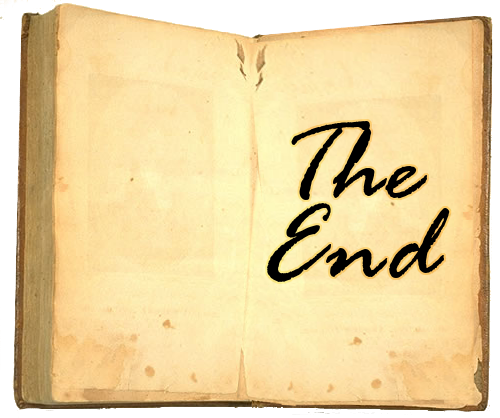Because love encompasses everything, nothing is unimportant, including tonight’s dinner menu. Think about it for a minute. If you were pure love, the loving parent of all life, how would you want people to eat?
Victoria Moran
Guilt-Free!
They say that guilt is like pain: it’s there to tell you something’s wrong, so you can fix it. And this is true – or at least it can be. Sometimes, though, you feel guilty for something you really shouldn’t feel guilty for.
Eating, for example. Unless you’re eating in a self-destructive way, you shouldn’t feel guilty for eating. Eating food with more calories than celery is how you fuel your body, not a transgression that requires penitential exercise to exorcise. As it were.
(Speaking of celery, I’ve heard that it takes more energy to consume than you actually receive from it; which suggests it’s only good for three things: carrying dip, making loud crunchy noises, or wearing on your lapel.)
Generally speaking, I avoid food that’s labelled “guilt-free!” because a) I don’t want to fund that kind of thinking, and b) they might as well label the food “taste was not our priority”.
I admit, eating is not something I tend to feel guilty about. But, as the Caped Gooseberry gently pointed out to me the other day, I do tend to set goals or targets for myself and then feel guilty if I don’t meet them.
As guilty, mark you, as I would feel if I had broken some more important rule, such as “Do Not Kick That Puppy”. Now there is nothing wrong with having a moral code (the puppies of the world thank you) but to put everything at the same level lacks perspective.
On the other hand, setting goals can be good, and having targets is about the only way to reach them. The problem is when the goals become, as it were, a measuring stick to beat yourself with.
What to do?
I have set myself the goal of finishing the first full draft of my WIP by the end of the month. I’ve rearranged my daily round so I have two blocks of writing time each day: three hours in the morning and two hours in the afternoon; and this has definitely helped kick the productivity into high gear. But there’s still no guarantee that I will reach the end of the story by the end of the month.
So I have to keep reminding myself that it’s ok; that I will have made a huge and pleasing amount of progress even if I don’t write “The End” on the day I desire, and I do not need to feel guilty if I don’t.
This goes hand in hand with reminding myself that I haven’t “failed” for the day – or the month – if I start a little late or don’t manage as many pages as the day before. Guilt can be crippling, and that leads to further failure – the genuine failure of giving up altogether.
It’s worth asking yourself, the next time you’re feeling guilty: have I really kicked a puppy? Or is this guilt a false friend who should be shown the door?




